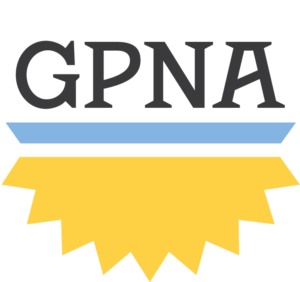By Michelle E. Botwinick, C.P.A.
In today’s economy, consider yourself lucky if you are employed and blessed if your employer offers you health insurance coverage. For employees not covered by benefits and for self-employed individuals, a health savings account (HSA) may provide a cost-effective method of providing these benefits. For eligible individuals, HSA’s offer a tax-favorable way to set aside funds (or have an employer do so) to meet future medical needs. Here are the key tax-related elements:
- Contributions you make to an HSA are deductible, with limits;
- Contributions your employer makes aren’t taxed to you;
- Earnings on the funds within the HSA are not taxed; and
- Distributions from the HSA to cover qualified medical expenses are not taxed.
To be eligible for an HSA, you must be covered by a “high deductible health plan.” For 2012, a high deductible health plan is a plan with an annual deductible of at least $1,200 for self-only coverage or at least $2,400 for family coverage. A high deductible health plan does not include a plan if substantially all of the plan’s coverage is for accidents, disability, or dental, vision, or long-term care, insurance for a specified disease or illness, or insurance paying a fixed amount per day (or other period) of hospitalization.
For self-only coverage, the 2012 limit on deductible contributions is $3,100. For family coverage, the 2012 limit on deductible contributions is $6,250. An individual (and the individual’s covered spouse as well) who has reached age 55 before the close of the tax year (and is an eligible HSA contributor) may make additional catch-up contributions for 2012 of up to $1,000.
Additionally, annual out-of-pocket expenses required to be paid (other than for premiums) for covered benefits cannot exceed $6,050 for self-only coverage or $12,100 for family coverage.
Contributions may be made to an HSA by, or on behalf of, an eligible individual even if the individual has no compensation or if the contributions exceed the individual’s compensation. However, if an individual is enrolled in Medicare, he is no longer an eligible individual under the HSA rules, and so contributions to his HSA can no longer be made.
If you are an eligible individual, and your employer contributes to your HSA, the employer’s contribution is treated as employer-provided coverage for medical expenses under an accident or health plan and is excludable from your gross income up to the deduction limitation, as described above. Further, the employer contributions are not subject to withholding from wages for income tax or subject to FICA or FUTA. The eligible individual cannot deduct employer contributions on his federal income tax return as HAS contributions or as medical expense deductions.
If the HSA is set up properly, it is generally exempt from taxation, and there is no tax on earnings. However, taxes may apply if contribution limitations are exceeded, required reports are not provided, or prohibited transactions occur.
Distributions from the HSA to cover an eligible individual’s qualified medical expenses, or those of his spouse or dependents, are not taxed. Qualified medical expenses for these purposes generally mean those that would qualify for the medical expense itemized deduction. If funds are withdrawn from the HSA for other reasons, the withdrawal is taxable.
Additionally, an extra 20% tax will apply to the withdrawal, unless it is made after reaching age 65, or in the event of death or disability. Distributions from an HSA exclusively to pay for qualified medical expenses are excludable from the gross income of the account beneficiary even though the beneficiary is no longer an “eligible individual,” e.g., the individual is over age 65 and entitled to Medicare benefits or no longer has a high deductible health plan.
Health Savings Accounts offer a very flexible option for providing tax-favored health care coverage, but the rules are somewhat involved. You should contact a trusted insurance professional to assist you with this process.




Comments are closed.